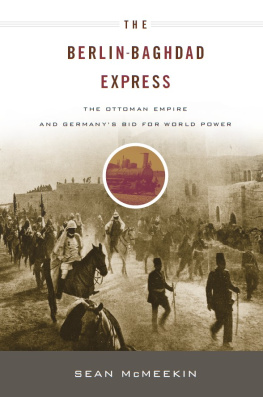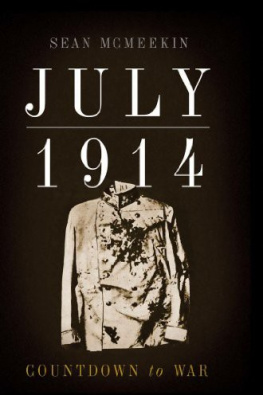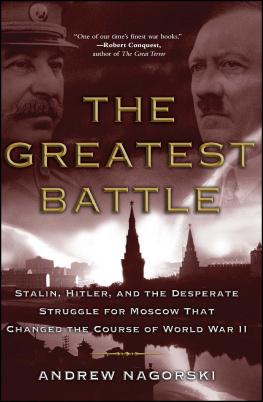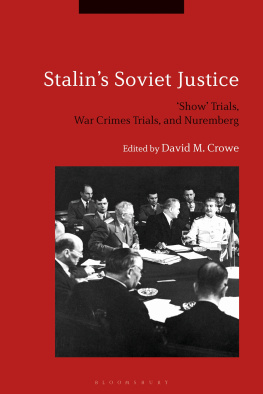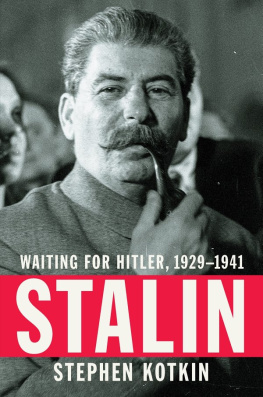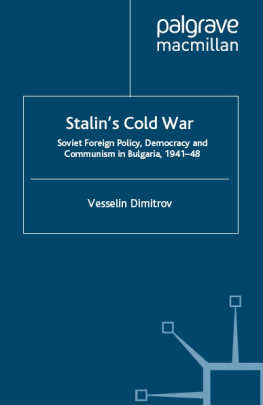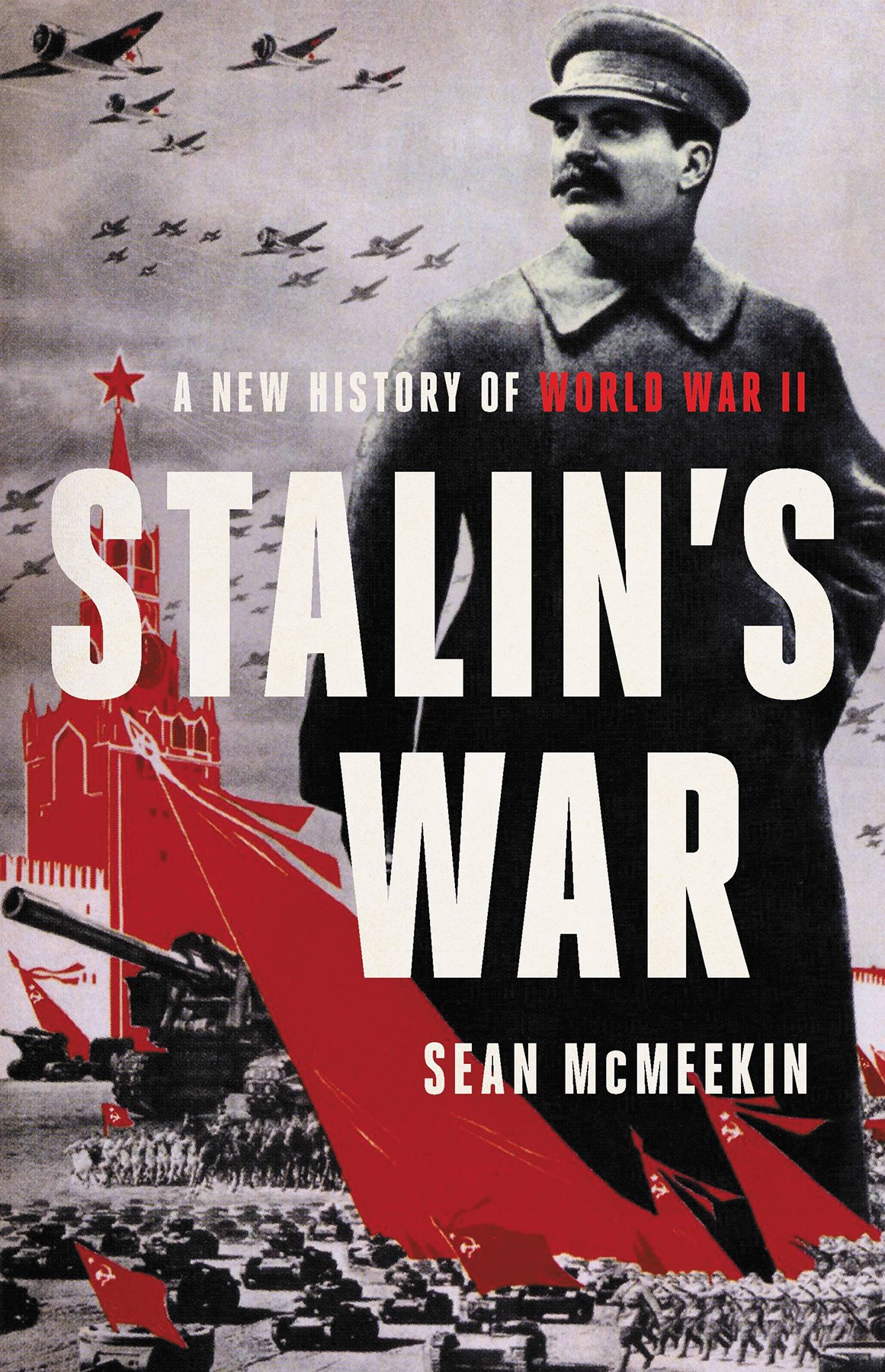
Copyright 2021 by Sean McMeekin
Cover design by Chin-Yee Lai
Cover images: World History Archive / Alamy Stock Photo; YaiSirichai / Shutterstock.com
Cover copyright 2021 by Hachette Book Group, Inc.
Maps created by Philip Schwartzberg
Hachette Book Group supports the right to free expression and the value of copyright. The purpose of copyright is to encourage writers and artists to produce the creative works that enrich our culture.
The scanning, uploading, and distribution of this book without permission is a theft of the authors intellectual property. If you would like permission to use material from the book (other than for review purposes), please contact permissions@hbgusa.com. Thank you for your support of the authors rights.
Basic Books
Hachette Book Group
1290 Avenue of the Americas, New York, NY 10104
www.basicbooks.com
First Edition: April 2021
Published by Basic Books, an imprint of Perseus Books, LLC, a subsidiary of Hachette Book Group, Inc. The Basic Books name and logo is a trademark of the Hachette Book Group.
The Hachette Speakers Bureau provides a wide range of authors for speaking events. To find out more, go to www.hachettespeakersbureau.com or call (866) 376-6591.
The publisher is not responsible for websites (or their content) that are not owned by the publisher.
Library of Congress Cataloging-in-Publication Data
Names: McMeekin, Sean, 1974- author.
Title: Stalins war : a new history of World War II / Sean McMeekin.
Other titles: New history of World War II
Description: First edition. | New York City : Basic Books, 2021. | Includes bibliographical references and index.
Identifiers: LCCN 2020038843 | ISBN 9781541672796 (hardcover) | ISBN 9781541672772 (epub)
Subjects: LCSH: World War, 1939-1945--Soviet Union. | World War, 19391945Diplomatic history. | World War, 1939-1945--Pacific Area. | Stalin, Joseph, 18781953.
Classification: LCC D764 .M3825 2021 | DDC 940.53/47--dc23
LC record available at https://lccn.loc.gov/2020038843
ISBNs: 978-1-5416-7279-6 (hardcover), 978-1-5416-7277-2 (ebook)
E3-20210318-JV-NF-ORI
Stalins War is above all about strategy: the failure of Roosevelt and Churchill to make shrewd choices as World War II played out. McMeekin brilliantly argues that instead of weighting the European and Pacific theaters to favor their own interestsand to weaken the inevitably antagonistic Soviet UnionFDR and Churchill left the most critical parts of Asia unguarded while they ground down the German army, a decision that favored Stalins interests far more than their own. Roosevelts Germany first strategy and the trillion dollars of Lend Lease aid he poured into Stalins treasury would underwrite Soviet control of China and East Central Europe after 1945 and hatch a Cold War whose dire effects are with us still.
Geoffrey Wawro, author of Sons of Freedom and director of the University of North Texas Military History Center
A sweeping reassessment of World War II seeking to illuminate critical matters long obscured by the obsessively German-centric literature on the subject. Yet another winner for McMeekin, this also serves as a worthy companion to Niall Fergusons The Pity of War, which argued that Britain should not have entered World War I. Brilliantly contrarian history.
Kirkus
Historian McMeekin (The Russian Revolution) draws from recently opened Soviet archives to shed light on Stalins dark reasoning and shady tactics. Packed with incisive character sketches and illuminating analyses of military and diplomatic maneuvers, this is a skillful and persuasive reframing of the causes, developments, and repercussions of WWII.
Publishers Weekly
The Russian Revolution: A New History
The Ottoman Empire: War, Revolution, and the Making of the Modern Middle East, 19081923
July 1914: Countdown to War
The Russian Origins of the First World War
The Berlin-Baghdad Express: The Ottoman Empire and Germanys Bid for World Power
Historys Greatest Heist: The Looting of Russia by the Bolsheviks
The Red Millionaire: A Political Biography of Willy Mnzenberg
For the Victims
T HE S ECOND W ORLD War, like the First, wrought havoc with place names, as cities and regions changed hands between empires, from empires to nation-states, and sometimes back into empires again. Moscow somehow escaped the nomenclature revolution, but this is one mercy among endless headaches. With most other cities, I have used the common contemporary form with modern usage in parentheses, thus Danzig (Gdask). In more politically sensitive cases, I have offered three or even four versions on first usage, as in Cernuti (Chernovitsyi/Chernivtsi) or Lww (Lemberg/Lvov/Lviv).
For Russian-language words, I have used the Library of Congress transliteration system in the source notes, with a somewhat simplified version in the main text, in which I avoid most hard and soft signs (e.g., Kharkov not Kharkov) and make certain exceptions for common spellings of surnames (e.g., Trotsky not Trotskii, Rokossovsky not Rokossovskii, Belyaev not Beliaev). The idea is to make it as easy as possible for English readers to sound out Russian names, and also to remember them. For Bulgarian names and sources, I have followed the Library of Congress system for Cyrillic to the extent this was possible, with a few exceptions where Bulgarian differs from Russian, in which case I have done my best to capture the sound of the words. It is impossible to be consistent in all these things; may common sense prevail.
All translations from the French, German, Russian, Bulgarian, and Turkish, unless I am citing another translated work or note otherwise, are my own.
F OR A MERICANS , A USTRALIANS , Britons, Canadians, and Western Europeans, the global conflict of 19391945 has always been Hitlers war. Depending on taste, the story begins with the Versailles Treaty of 1919, or Hitlers accession to power in 1933 based on German resentment of that treaty, or the German remilitarization of the Rhineland in 1936, or the Munich conference of 1938, or Kristallnacht in November 1938, or Hitlers invasion of rump Czechoslovakia in March 1939 and the British guarantee to Poland, or, in the most literal version, the German invasion of Poland on September 1, 1939. But it always centers on Hitler as the villain who gives the struggle meaning. In popular culture, the Nazis are the perennial foils in an unbroken sequence of movies, from those produced during the war itself, such as Casablanca (1942), to modern films such as Inglourious Basterds (2009). In politics, the Nazis are cudgels used to beat political opponents: to compare someone to Hitler is the ultimate insult. No one actually defends Hitlerian Germany, outside of parodies like Mel Brookss The Producers (1967 and much revived), but Hitler still haunts our nightmares as an all-purpose bogeyman, with remembrance of the horrors he unleashed uniting us in denunciation of Fascism, anti-Semitism, racism, and other evils of Nazism.
There has always been something missing, though, in this Hitler-centric view of World War II, which rings hollower the further east one travels from Berlin to Beijing. In Eastern Europe, German aggression left behind much less of a trace than the
It has always been a stretch to lump together all the wars on the globe between the Japanese invasion of Manchuria in September 1931 and Japans final capitulation in September 1945, as many historians are now conceding. Victor Davis Hansons recent general history


